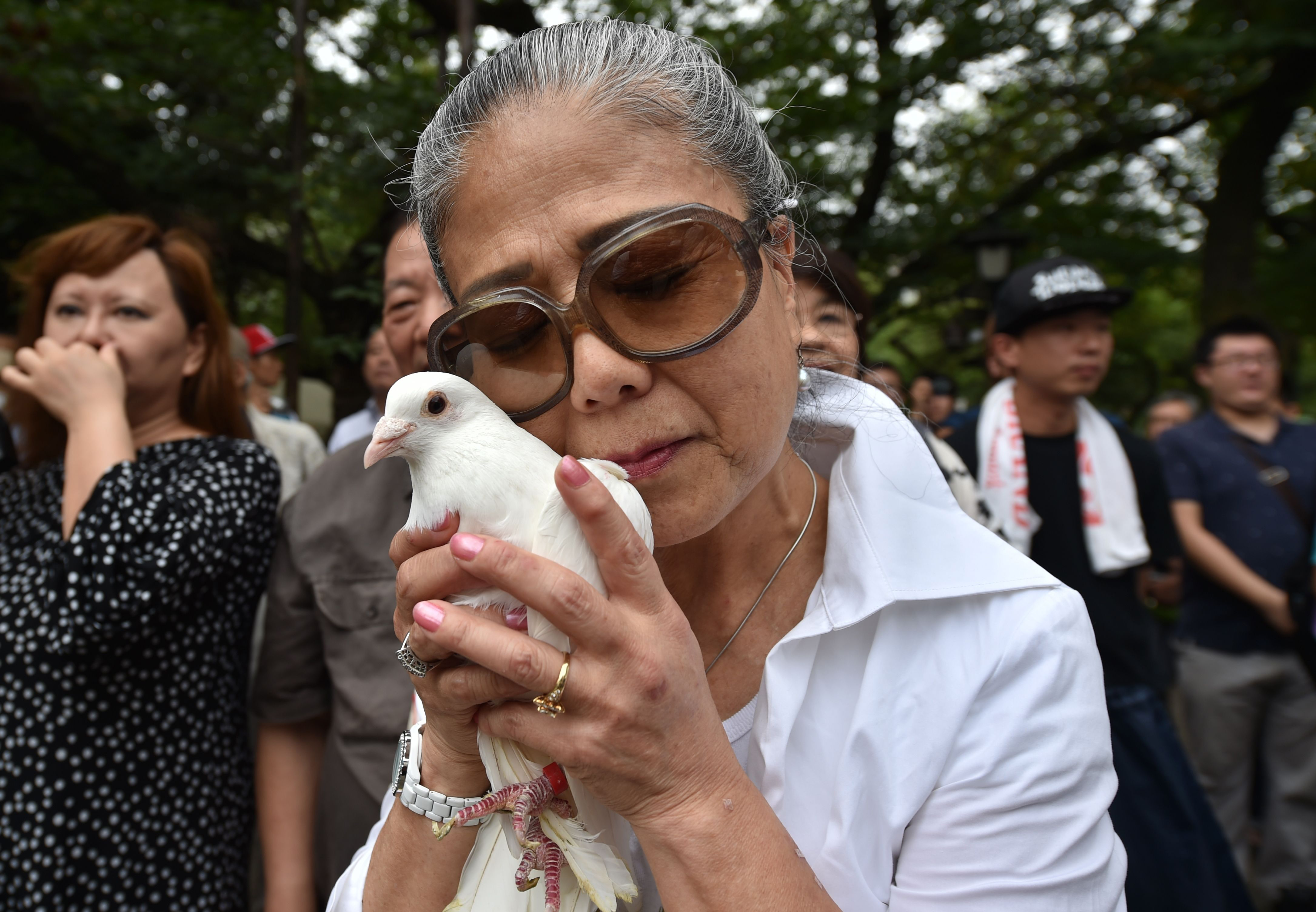Over on this 島国 (shimaguni, island nation), the month of August has never really been about vacations and relaxation, at least not since 1945. This month marks 71 years since the 敗戦 (haisen, defeat in World War II), and many on the archipelago go through the end of summer nursing the pain of an old, old wound.
In the media, war themes are revisited time and again: the nuclear bombs that destroyed Hiroshima and Nagasaki; the 特攻隊 (tokkōtai, suicide kamikaze platoons), many of whose pilots were of a tender age; the 本土大空襲 (hondodaikūshū, the firebombing of mainland Japan) that killed anywhere between 240,000 to a million civilians (the numbers vary greatly between different sources) and that went on until the very day of the 玉音放送 (gyokuon hōsō, the Emperor's radio announcement that Japan had surrendered) on Aug. 15. To escape the recounting of the war years and the emotional baggage that comes with it, many people I know take flights out to 海外 (kaigai, overseas). As my friend Kanako, who is now in Thailand, always says, 8月の日本は悲しい (Hachigatsu no Nihon wa kanashii, "August in Japan is sad").
On the other hand, we've gone a formidable number of years without seeing violence and destruction, though historians such as 司馬遼太郎 (Ryotaro Shiba) have repeatedly written that this is a 見せかけの平和 (misekake no heiwa, pretense of peace) that's not to be trusted. Maybe he was right, but the majority of Japanese would choose pretense over a real war any time, as was demonstrated by the heartfelt protests over the Shinzo Abe administration's move to change parts of the 第9条 (daikyūjō, Article 9) "peace clause" in the so-called 平和憲法 (heiwa kenpō, peace Constitution).


















With your current subscription plan you can comment on stories. However, before writing your first comment, please create a display name in the Profile section of your subscriber account page.